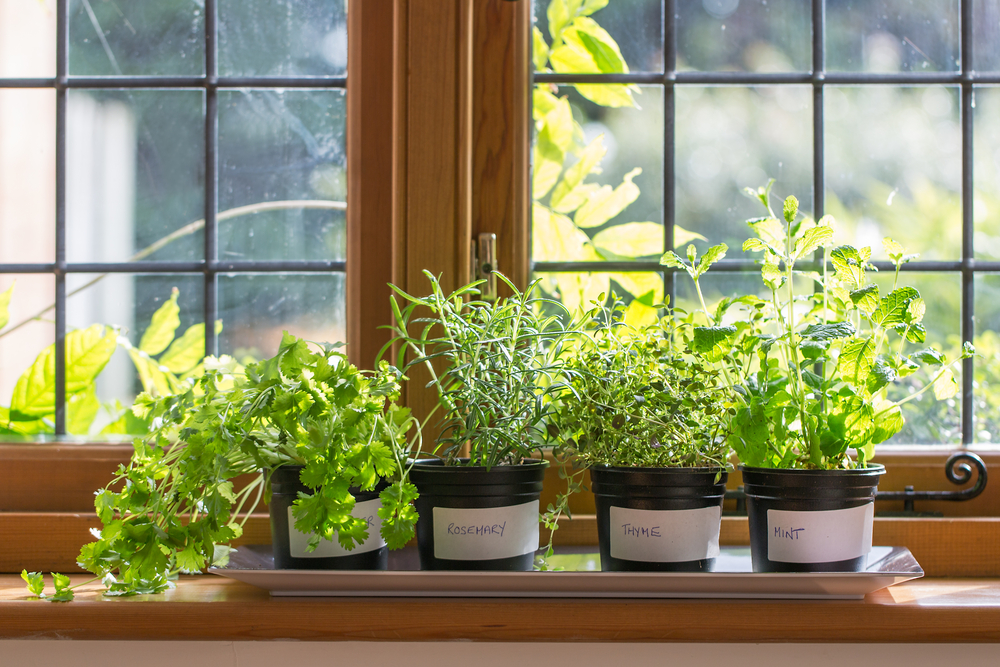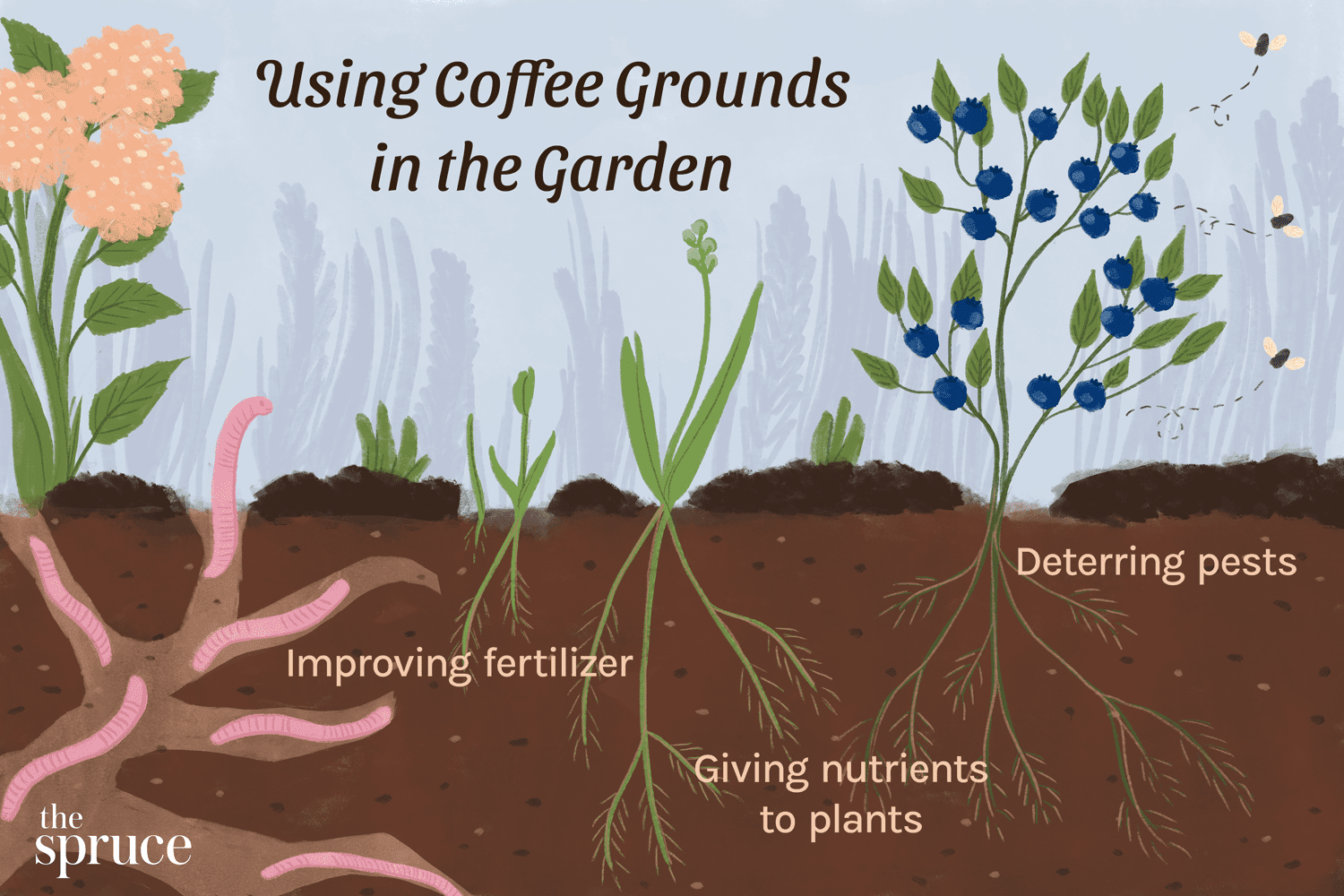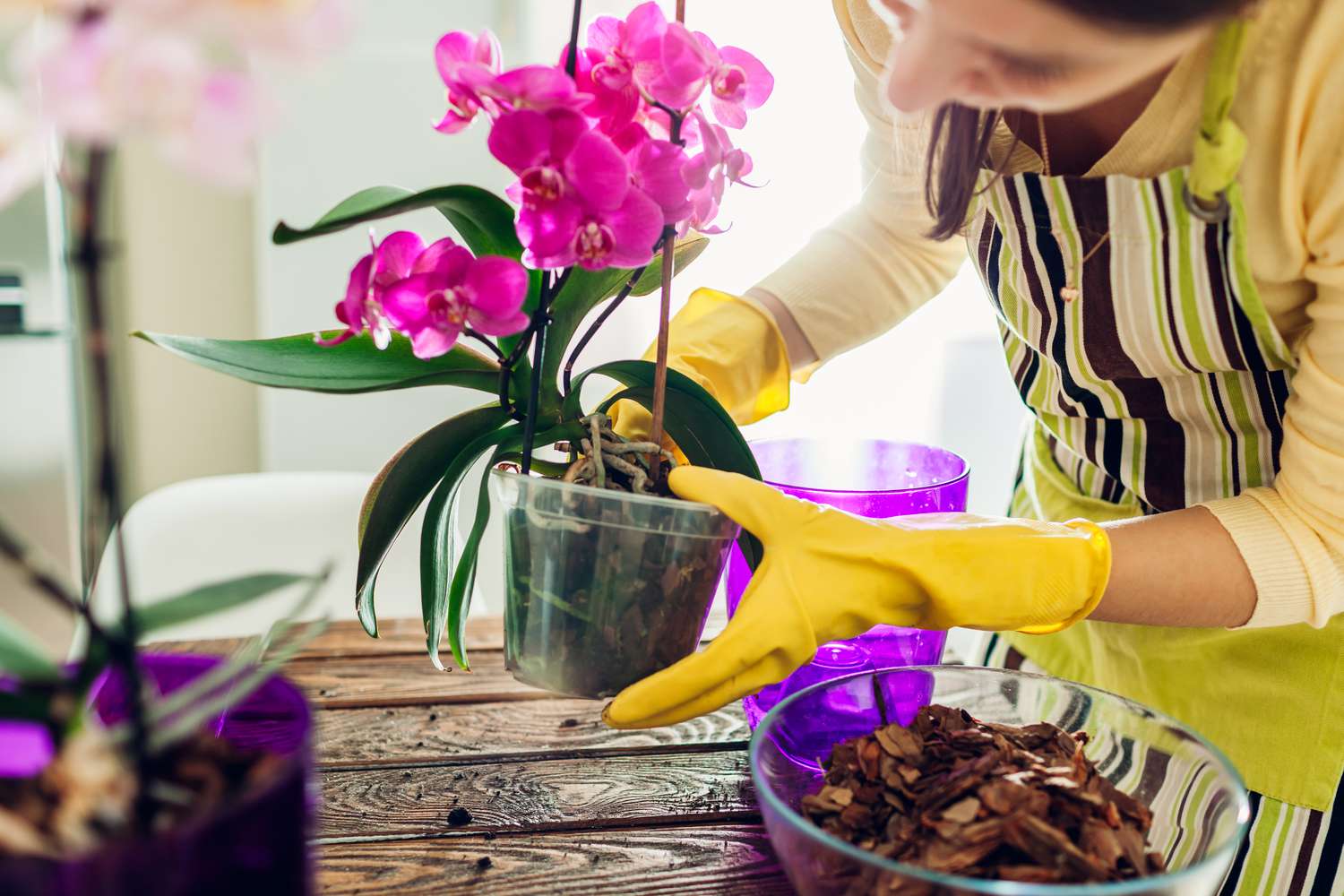How to Grow Herbs Indoors During Winter?
With winter approaching, many gardeners find themselves missing the fresh herbs they had grown in their outdoor gardens during the warmer months. However, fear not! It is entirely possible to grow herbs indoors during the winter and enjoy the same fresh flavors all year round.
Choose the Right Herbs
Not all herbs thrive indoors, especially during winter. It is essential to choose herbs that can adapt to the lower light and drier air conditions found indoors during the colder months. Some herbs that are well-suited for indoor growing during winter include:
- Rosemary
- Thyme
- Oregano
- Chives
- Parsley
- Mint
Provide Adequate Light
One of the most critical factors for successfully growing herbs indoors during winter is providing enough light. Herbs typically require around 6-8 hours of sunlight daily to thrive. If you don’t have access to natural light, consider investing in grow lights to supplement the light your herbs receive.
Monitor Temperature and Humidity
Herbs are sensitive to extreme temperatures and humidity levels. During winter, indoor environments can become dry due to heating systems. It is essential to monitor the temperature and humidity levels in the area where your herbs are growing. Consider using a humidifier to maintain optimal humidity levels for your plants.
Choose the Right Containers
The right containers are crucial for successful herb growth indoors during winter. Make sure your containers have proper drainage holes to prevent waterlogging, which can lead to root rot. Additionally, choose containers that are large enough to accommodate the herb’s root system and allow for growth.
Water and Fertilize Carefully
Watering and fertilizing your herbs correctly is key to their health and growth. During winter, herbs may require less frequent watering due to lower temperatures and sunlight. Water your herbs when the top inch of soil is dry to the touch. Additionally, use a diluted liquid fertilizer once a month to provide essential nutrients to your herbs.
Prevent Pests and Diseases
Indoor environments can be breeding grounds for pests and diseases that can harm your herbs. Keep a close eye on your plants for any signs of pests like aphids or spider mites. Additionally, avoid overwatering your herbs, as this can lead to fungal diseases. If you notice any issues, address them promptly to prevent further damage.
Harvesting Your Herbs
Once your herbs have matured, you can start harvesting them for culinary use. When harvesting your herbs, make sure to do so in a way that promotes growth and ensures a continued harvest. Trim the stems just above a set of leaves to encourage new growth. Use freshly harvested herbs in your favorite recipes to enjoy the fruits of your labor.
By following these tips and tricks, you can successfully grow herbs indoors during winter and enjoy fresh flavors all year round. With a little care and attention, you can create a thriving indoor herb garden that will keep you supplied with fresh herbs throughout the winter months.



